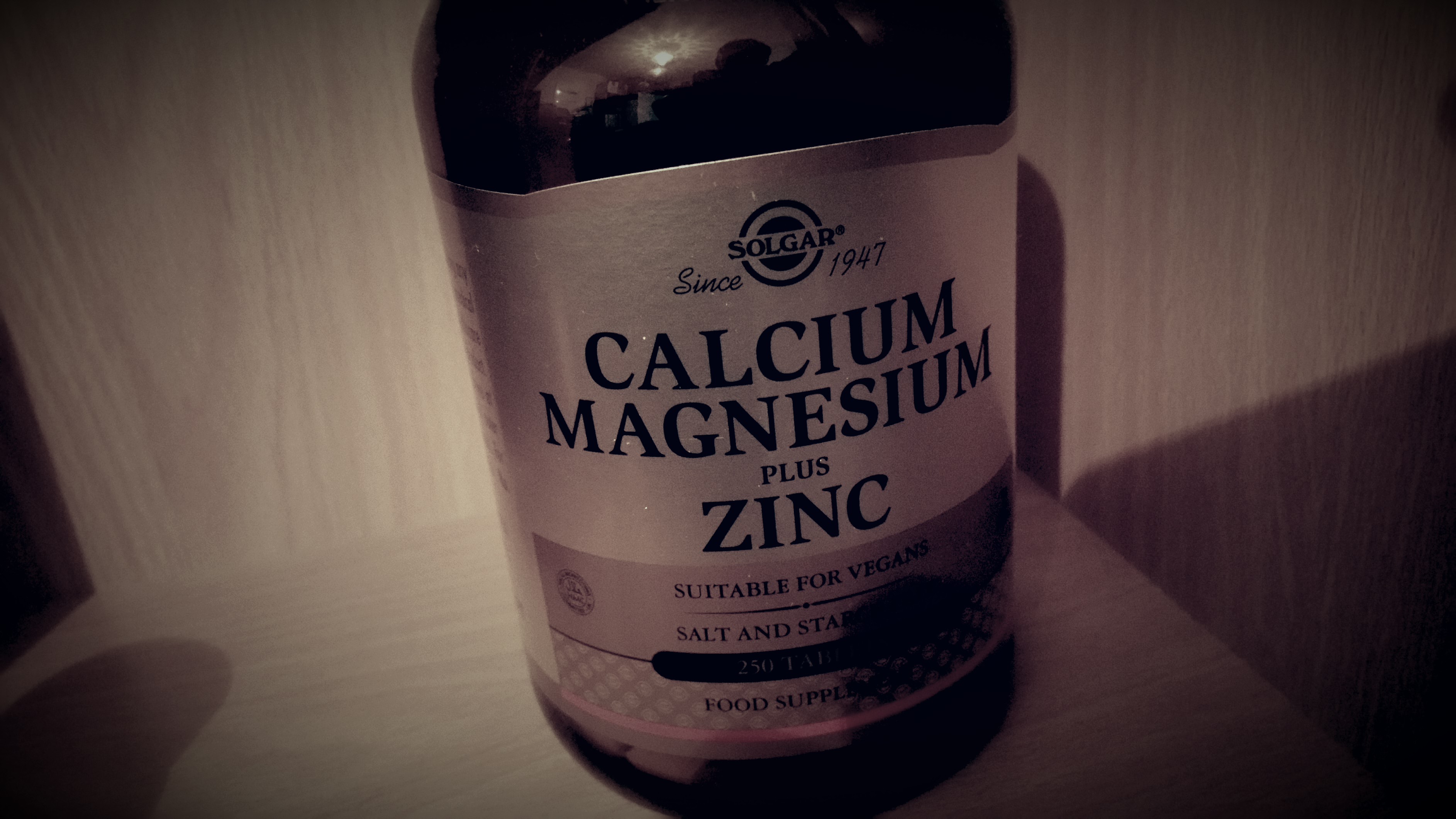 Magnesium monotherapy has been shown to be potentially beneficial in the treatment of major depression. Magnesium is an essential macromineral required for normal physiological function, and it is known that magnesium is required for normal neuronal membrane fluidity and brain biochemistry. Magnesium may therefore influence several systems within the brain that influences mental health and therefore may have direct effects on mood. However, the use of magnesium to treat depression is not new, and reports of improvements to mental health with administration of magnesium sulphate date back 100 years. Studies have suggested that the diets of depressed individuals are impoverished in a number of nutrients including magnesium. Other studies have shown that rats fed a magnesium impoverished diet show behavioural changes similar to human depressive disorders. Major and suicidal depression appears to show the strongest correlation to dietary magnesium deficiency.
Magnesium monotherapy has been shown to be potentially beneficial in the treatment of major depression. Magnesium is an essential macromineral required for normal physiological function, and it is known that magnesium is required for normal neuronal membrane fluidity and brain biochemistry. Magnesium may therefore influence several systems within the brain that influences mental health and therefore may have direct effects on mood. However, the use of magnesium to treat depression is not new, and reports of improvements to mental health with administration of magnesium sulphate date back 100 years. Studies have suggested that the diets of depressed individuals are impoverished in a number of nutrients including magnesium. Other studies have shown that rats fed a magnesium impoverished diet show behavioural changes similar to human depressive disorders. Major and suicidal depression appears to show the strongest correlation to dietary magnesium deficiency.

One of the main benefits of magnesium over traditional antidepressant drugs is safety. While antidepressant drugs are associated with side effects, magnesium supplements are very safe and associated with no side effects if taken at intakes reflective of normal dietary ranges.
Eat Well, Stay Healthy, Protect Yourself
RdB
